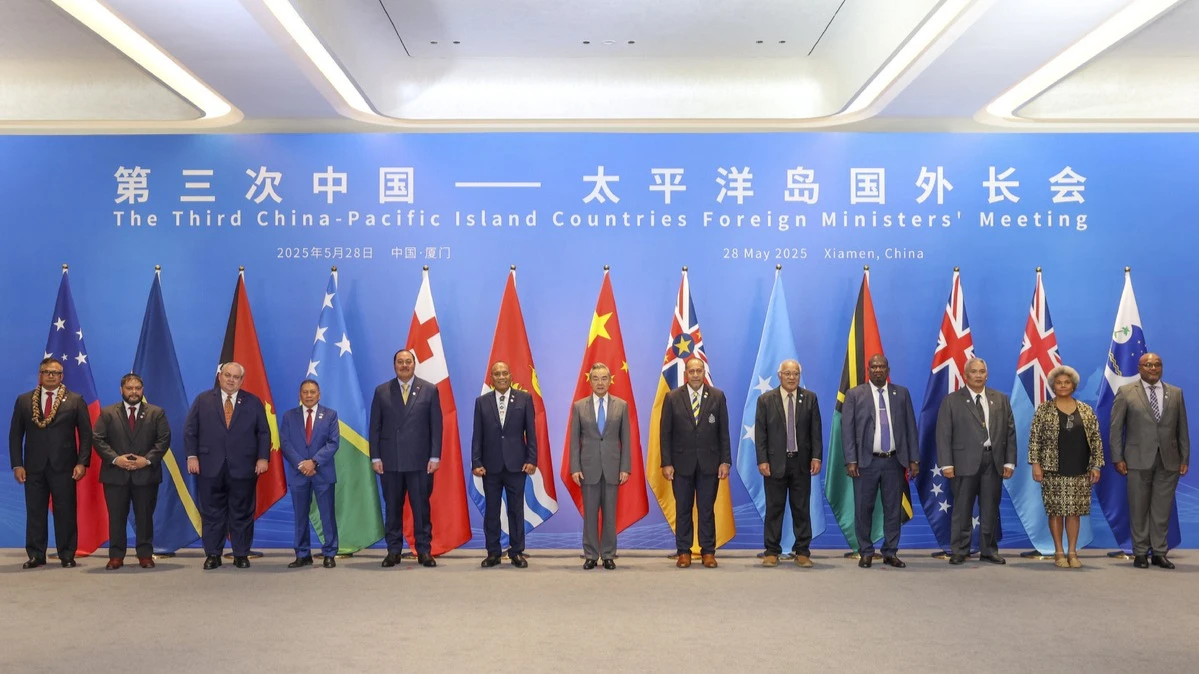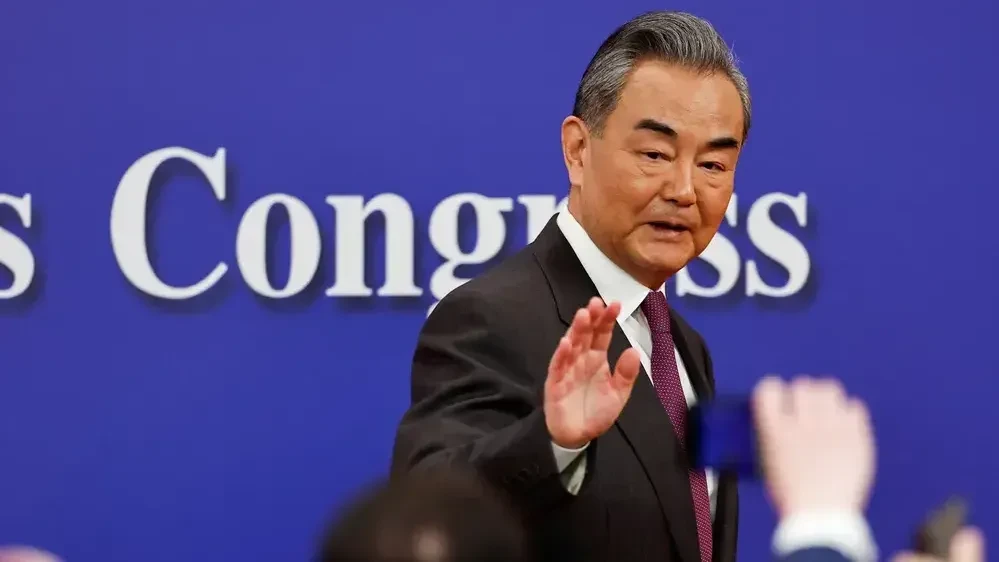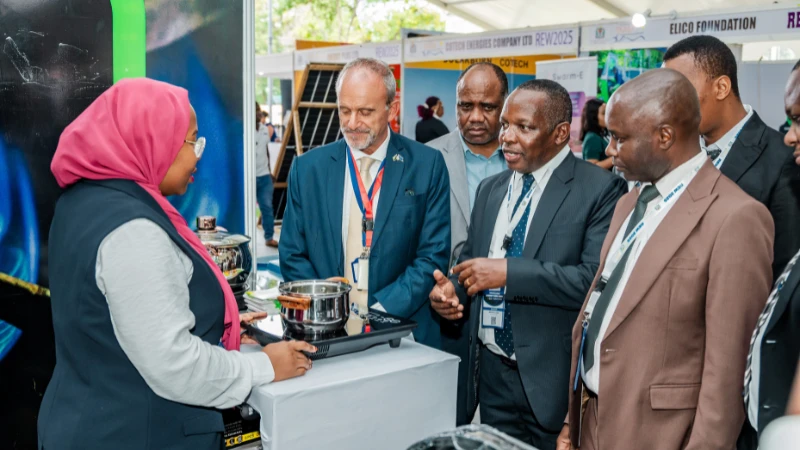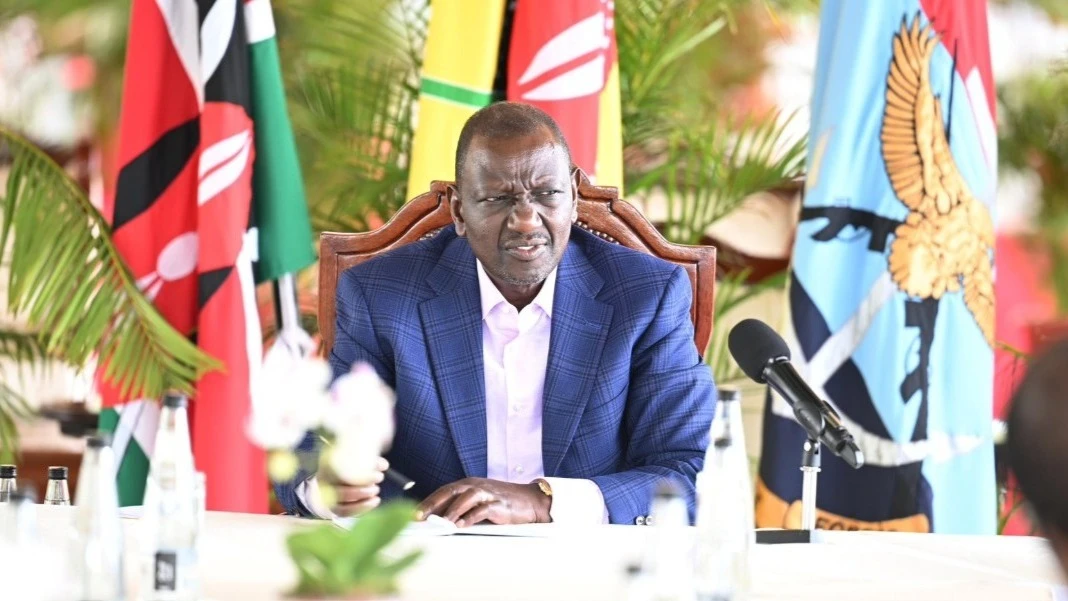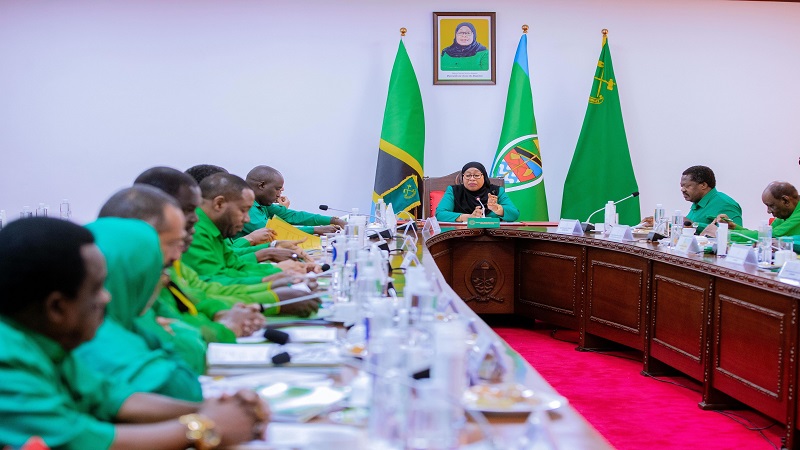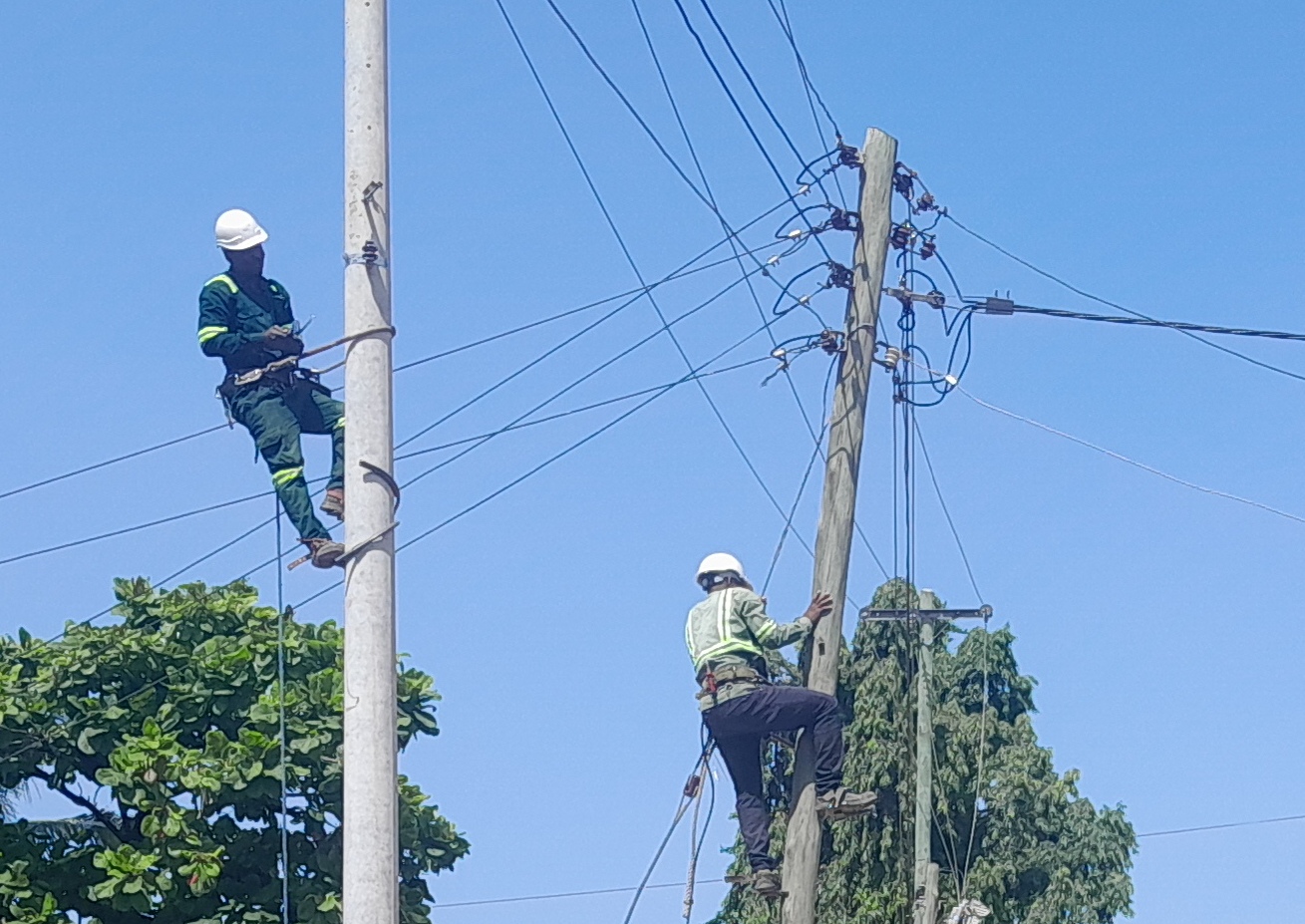How translated law sections help Mama Samia legal aid campaign reach marginalized groups
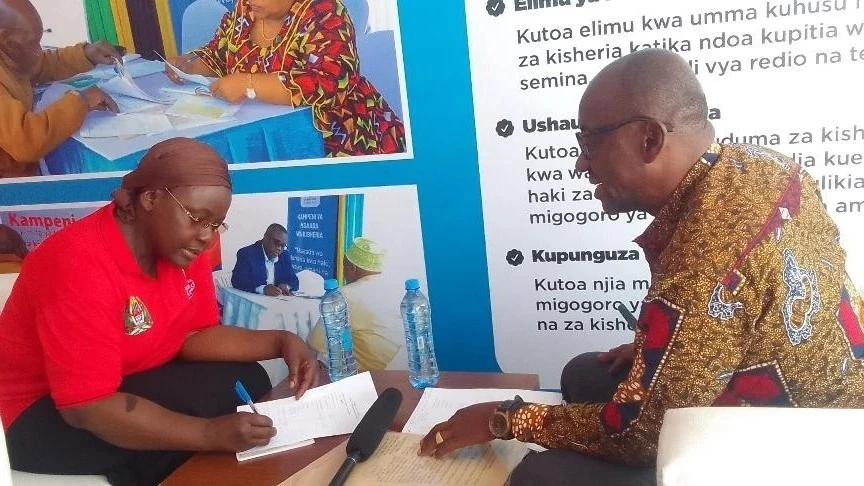
TANZANIA is a democratic nation whose legal system is governed by laws originally written in English, inherited from the British colonial administration, which ruled the territory for 42 years.
Since independence, these English common laws have been amended and supplemented with new legislation to reflect the country’s evolving legal and political context.
Despite being written in English, a poor understanding of these laws remains a major challenge—largely because Kiswahili, the official language, has become the primary mode of communication for the majority of citizens.
This language barrier has long impeded access to justice, as many people lack the English proficiency required to comprehend legal documents or follow civil and criminal court proceedings.
Understanding the law is vital because it safeguards individual rights, upholds a fair legal system, and offers a structured way to resolve disputes. It also empowers citizens to make informed decisions and advocate for their rights.
However, the use of English in legal texts and interpretations has increasingly become a barrier, limiting most citizens’ ability to understand their legal rights. Legal knowledge is essential for navigating everyday life, from business transactions to personal affairs.
In a world where legal matters are inevitable, basic legal literacy acts as a compass—guiding individuals, protecting their rights, and enabling sound decision-making.
At national level, the rule of law ensures equal treatment for all. Citizens must trust that courts will handle their cases impartially and deliver judgments in accordance with established law. This principle forms the foundation of any just society.
One of the core benefits of a legal system is its ability to maintain social order and public safety, discouraging criminal behavior through clearly defined consequences.
To make the law more accessible, the government has initiated a programme to translate national legislation from English to Kiswahili. This effort is currently led by the Tanzania Law Reform Commission (TLRC).
The aim is to ensure equal access to justice by enabling citizens to understand basic laws. This enhances peace and stability, as people will recognize their rights and responsibilities, and oppression or injustice will be easier to identify and challenge.
The government continues this translation work so that laws can serve all Tanzanians. As officials explain, “Some people break the law simply because it is written in English, which most Tanzanians do not understand.”
Zainab Chanzi, Deputy Secretary-General of the TLRC, stated that the Office of the Attorney General (AG) is actively supporting the effort by translating numerous bills previously drafted in English into Swahili.
Attorney General Hamza Johari recently provided statistics, noting that out of 446 laws and 29,172 by-laws in the country, around 246 laws have been successfully translated and are now available in Swahili.
He added that the government has spent approximately 10bn/- on the translation work, which officially began in July last year, and the Ministry of Constitution and Legal Affairs.
Johari emphasized that the task requires time and careful attention to ensure that the laws’ original meanings are preserved. He made these remarks during Law Day celebrations held in February this year in Chinangali, Dodoma.
The Attorney General underscored that his office's primary duty is to provide legal advice that benefits both the government and institutions managing legal matters, ensuring that laws serve the public interest.
He also affirmed that outdated laws would be reviewed and modernized to align with Tanzania’s realities and development goals up to 2050—particularly in areas such as taxation, procurement, innovation, technology, marketing, and finance.
These reforms have significantly supported legal aid initiatives, particularly under President Dr. Samia Suluhu Hassan’s legal aid campaign, which offers legal assistance to financially disadvantaged citizens across the country.
The initiative, known as the Mama Samia Legal Aid Campaign (MSLAC), is a three-year programme launched in Dodoma on May 28th, 2023, by the Prime Minister, Kassim Majaliwa.
The campaign is set to end in February 2026 and is being rolled out nationwide across all 26 mainland regions and the islands, focusing on legal education for citizens. Key issues include gender-based violence, land disputes, inheritance, alternative dispute resolution, and general human rights.
The campaign is being implemented in collaboration with government ministries and institutions, civil society organizations, academic experts, and development partners, with a strong emphasis on reaching rural and marginalized communities.
Through this initiative, Tanzanians can now access legal representation, defend their rights, and voice their concerns free of charge—an important milestone under the sixth-phase government aimed at promoting peace, stability, and unity for all.
The campaign’s primary objective is to promote and protect access to justice for all by offering legal aid services across the country, including legal advice, dispute resolution, and representation—regardless of economic status.
Statistics indicate that since its launch, the campaign has reached over 43 million people across 23 regions, 154 councils, 1,639 wards, and 4,897 villages.
In March this year, the Minister for Constitution and Legal Affairs, Dr Damas Ndumbaro, stated that the campaign has so far addressed the concerns of 2,192,372 citizens—1,088,455 men and 1,105,915 women—through direct consultations.
He added that the ministry has developed long-term strategies, including establishing legal aid desks in every district council, staffed by community development officers trained to provide legal support.
Additionally, the government has signed a partnership with the Tanganyika Law Society (TLS) to deliver legal aid training to 22,005 service providers.
These trained personnel have helped raise awareness about legal and human rights, especially those affecting women and children. They also provide advisory services on responsibilities, legal procedures, and principles of good governance.
The long-term vision of the campaign is to enhance access to justice for vulnerable groups—particularly women, children, and marginalized communities—while also contributing to increased incomes and national stability.
The medium-term goal is to strengthen legal aid systems from central to local government levels, improving institutional accountability and capacity in both public and private sectors involved in legal service delivery.
The Ministry of Constitutional and Legal Affairs plays a key role in attracting investors by upholding justice and equality. As Dr Ndumbaro remarked, “Investors will not come to a country where justice and equality are lacking.”
Alongside this responsibility, his office also focuses on promoting alternative dispute resolution to minimize courtroom cases. This aligns with the Law Week theme from February this year: ‘Promoting Dispute Resolution Through Mediation Is Crucial for Fostering a Sustainable Economy’.
Top Headlines
© 2025 IPPMEDIA.COM. ALL RIGHTS RESERVED












